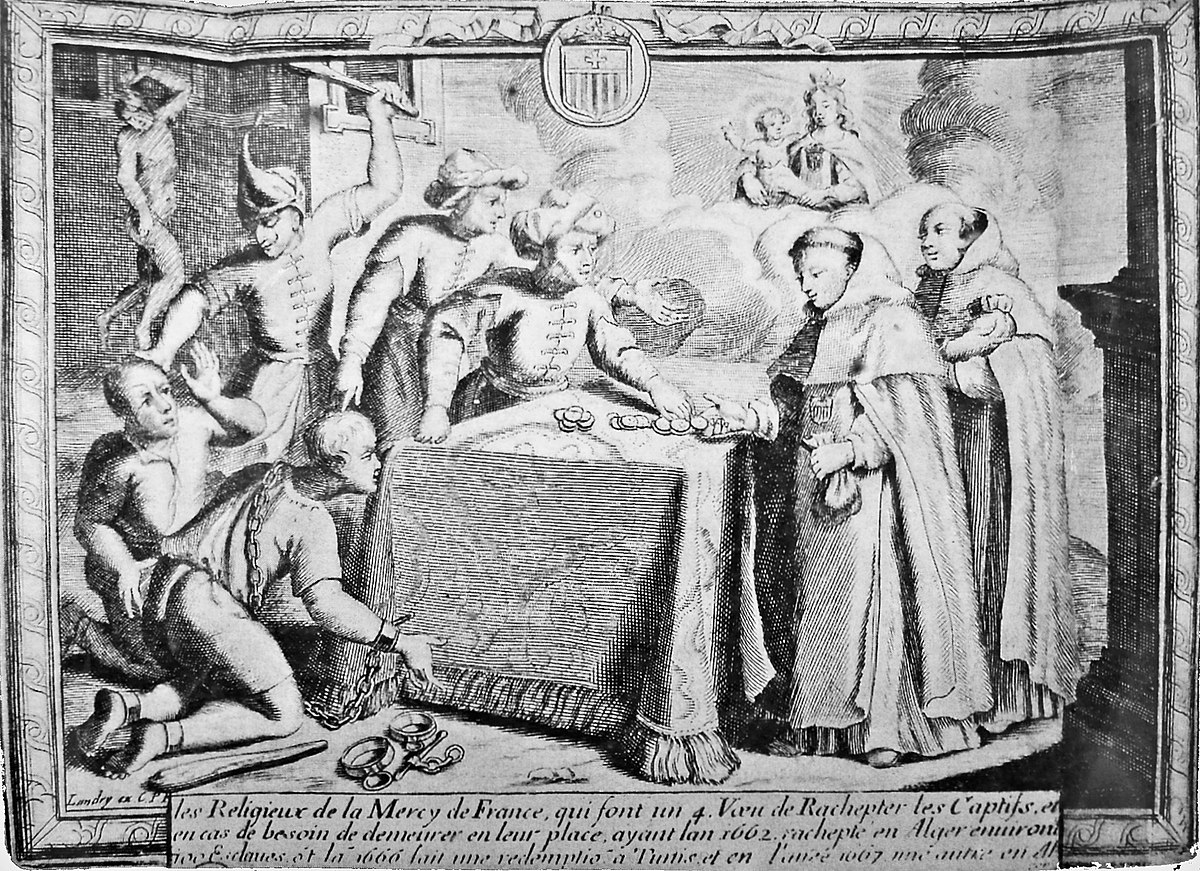Imagine living coastally, for pretty much 95% of human history you're susceptible to being slaughtered by invaders. Madness. One morning out of the mist some boats rock up and that's potentially your lot.
The last time Britain was invaded nears its anniversary. It was the February 22, 1797 a landing of French forces near Fishguard in what quickly became a spectacular fiasco.
You could probably fit all the French or English historians who regularly think about the Battle of Fishguard in a couple of double decker buses but this incident has never been forgotten in Wales – and it deserves a much wider telling.
It’s not just the fantastic human detail that makes this story resonate over the centuries – although the tale of how cobbler Jemima Nicholas (aka Jemima Fawr) single-handedly rounded up 12 of the invaders would make a brilliant TV drama.
The Battle of Fishguard is an international story about the power of ideas, early globalisation and the complex nature of national identity. If ever there was an event with special relevance in the age of Brexit, this is it
The invading force was launched under the French Revolutionary government known as the Directory. The plan was to first sack Bristol and then head into Wales – where the locals might prove friendly – while bigger forces landed in Ireland to support a rising by the United Irishmen.
This was a moment when the world was ablaze with incendiary ideas about liberty. France was in the throes of revolution; romantics, idealists and zealots across Ireland dreamed of ousting the British; and the uprising in American colonies had demonstrated that the forces of the Crown could be overthrown.
It was in this febrile atmosphere that the invasion plot was hatched, with the Irish-American Colonel William Tate leading his 1,400 troops from La Legion Noire. These men were not an elite fighting force; they were a ragtag assortment of ex-prisoners and decidedly unimpressive soldiers whom Napoleon had declined to take him on his own adventures
Everything went to pot. The Irish landings never happened, the wind kept the warships far away from Bristol; a shot of cannon fire was enough to prevent a docking in Fishguard itself so the troops went onshore at Carreg Wastad.
Tales are still told of the drunken looting that followed. The hungry and ill soldiers did not inspire a Welsh uprising and after initial skirmishes and an attempt at negotiation the French realised the game was up and surrendered unconditionally.
So ended the last invasion of mainland Britain. We can be thankful that the events of February 1797 climaxed without mass bloodshed – most of the invading forces were able to return home as part of a prisoner exchange – but the memory of this episode should be kept alive.
The French demonstrated how ideological fervour and a false confidence that a people’s sense of identity could be easily manipulated spurred a government to embark on a disastrous foreign escapade. The Welsh did not embrace the chance to join in a revolt, and Ireland would not achieve independence until the 20th century.
Then as now, governments need people in place who can press the pause button on military strikes that are all too likely to end in ignominy. It would have required guts and clout for someone to have stopped La Legion Noire from setting sail, but there must have been a mid-level bureaucrat who reckoned this plan was too cunning by half.

 en.wikipedia.org
en.wikipedia.org


